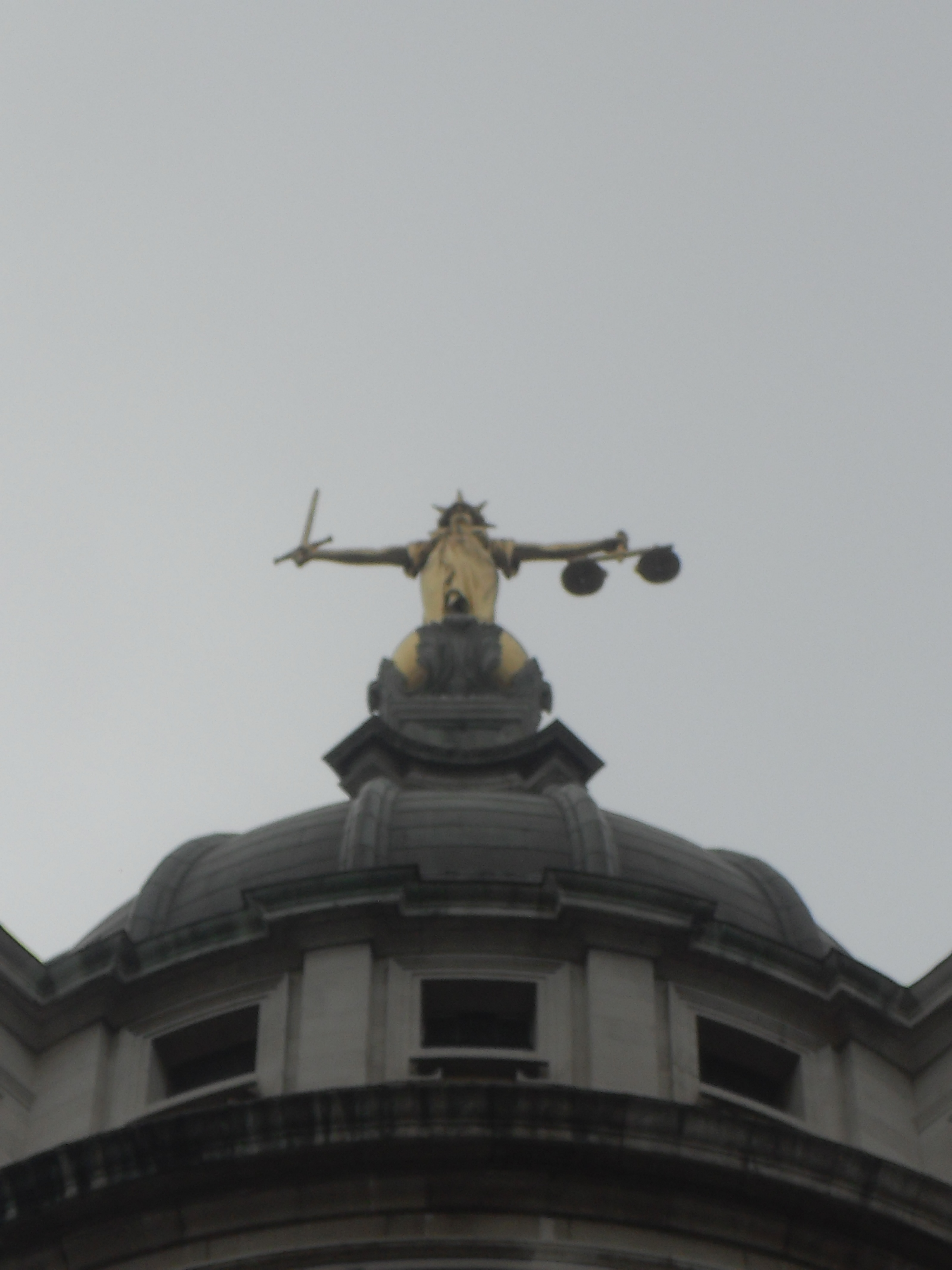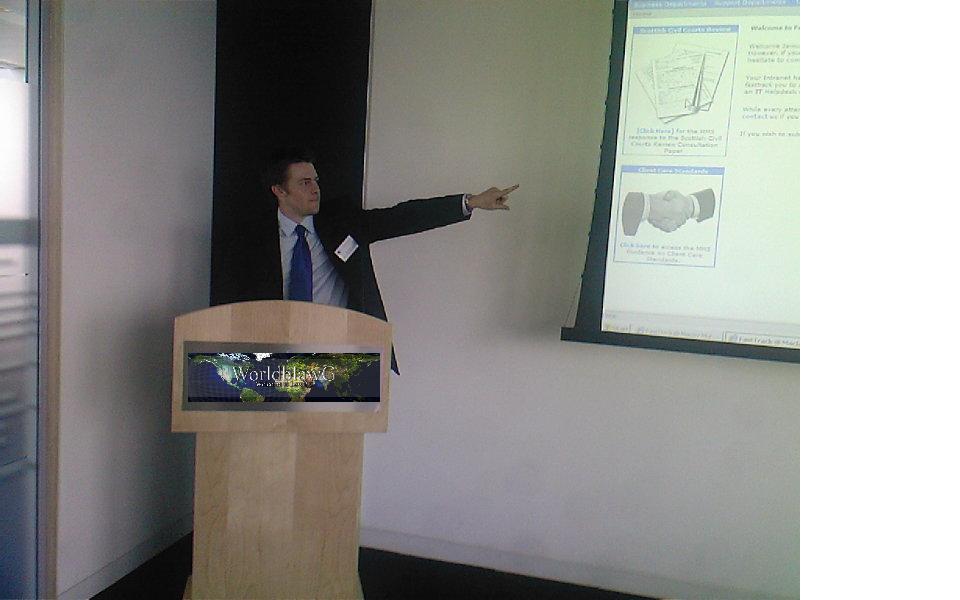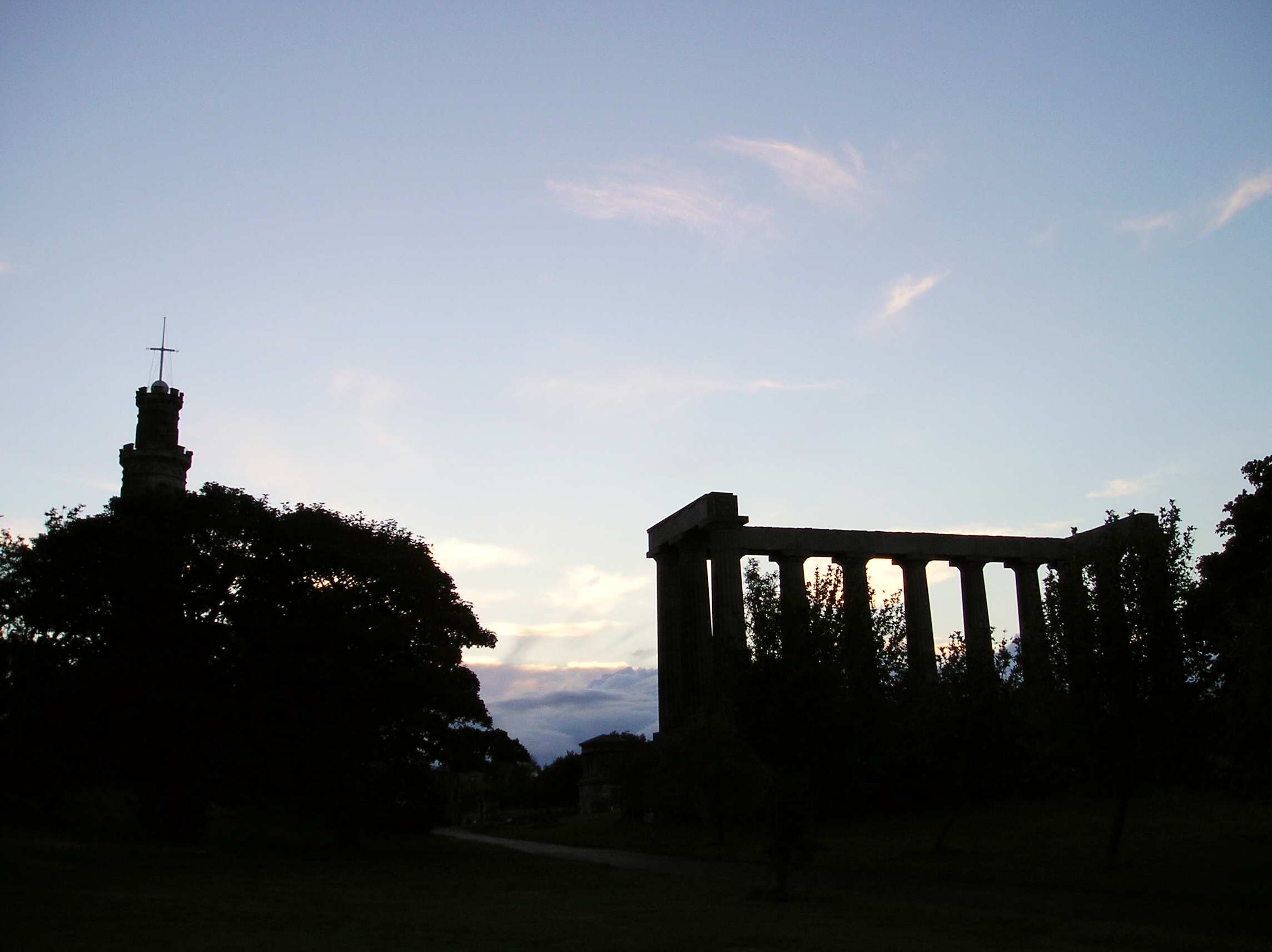
Or should you publish mainly on your own website or blog? In today’s digital age, LinkedIn isn’t just a professional

Hello legal professionals and legal tech enthusiasts! Alongside an exciting upcoming podcast episode on AI for law firm efficiency and

In what will hopefully be an extension of our AI for Law Firms series, at the weekend I tried to

Generative AI and the Legal Industry: Q&A with Expert Owen Morris, Operations Director at Doherty Associates. Owen has been on the

DUBAI, 12 September 2023 Clara, the legal tech operating system that provides digital tools to help founders, investors and lawyers

LONDON, UK. 17th August, 2023 – London based legal AI company Genie AI has secured a grant of nearly £200,000 from
BPP University Law School has unwittingly found itself at the centre of a media storm after leading legal news portal

I have already written a relatively comprehensive article about how law students and, indeed, practitioners can use mindmaps to study

In a former life I was a trainee solicitor at one of the biggest commercial law firms in Scotland. Below are eleven commandments which it would have been useful to follow from day one. If you have any queries, please contact me at gavin@wardblawg.com

There has been much written on the best ways to study law. From personal experience, it was difficult to get first class grades in law exams without utilising the tool of mindmaps. The man credited with the invention of the mindmap is Tony Buzan. The below information details personal experience of their use, not necessarily Tony’s experiences.
How to Write a First Class Law Dissertation – My honours law dissertation, top tips and a great video from an ex-Cambridge professor. Enjoy!
How to write a bibliography to conclude your first-class dissertation There are three stages for completing an abundant and competent
The conclusion to your dissertation is, arguably, the most important part and is, therefore, potentially a major differentiator between a first class dissertation and a second class one.
There are three things which you should bear in mind:-
Notwithstanding, the House of Lords effectively got human rights wrong, thus paving the way forward for reduced protection of Article 6 in the UK. However, this area is not devoid of hope; to effect compliance with this framework, Montgomery must be overturned, which does not appear too remote a possibility given the extensive criticism of the case.
Creative argument is essential if you’re going to get a first. Perhaps only unless your tutor or professor doesn’t know the topic well can you get away rehashing old argument and ideas that have been discussed thousands of times before.
Separating a dissertation into manageable chunks from the initial stages of structural planning gives you freedom to start afresh to write about a different but related topic once concluding another section. Access to a court, for instance, is a separate right from the right for a trial to be heard and decided within a reasonable time. It, thus, merits a separate chapter with its own introduction, subsections and conclusions.
A certain English teacher, Sandra MacCallum, at Kyle Academy once taught that, sometimes, “you’ve got to put your foot into the icy water”. Don’t be afraid to come to powerful conclusions.
As noted in the previous post, one of the most important breakthroughs in writing your dissertation can come from spotting a gap where something has not yet been discussed. Once writing to fill that gap, it may be helpful to ask yourself what other angles there are to the debate. Or think about if the matter went to an official debate or, for law dissertations, to court. Think about creative arguments that an advocate might run and try to develop them yourself. Such development can lead to your getting a first rather than a 2:1.
Another thing that truly separates a first class dissertation from a second class one is discussion of ideas and issues that have never before been discussed. The following is an example of such a proposition and discussion, all of which stemmed from one footnote in an academic article that said a certain proposition “had never been discussed before in the courts of the UK”. Finding this loophole was essential to the dissertation’s success.
Tip: Suggest Improvements for the Future It may be that, in the course of the research for your dissertation, you